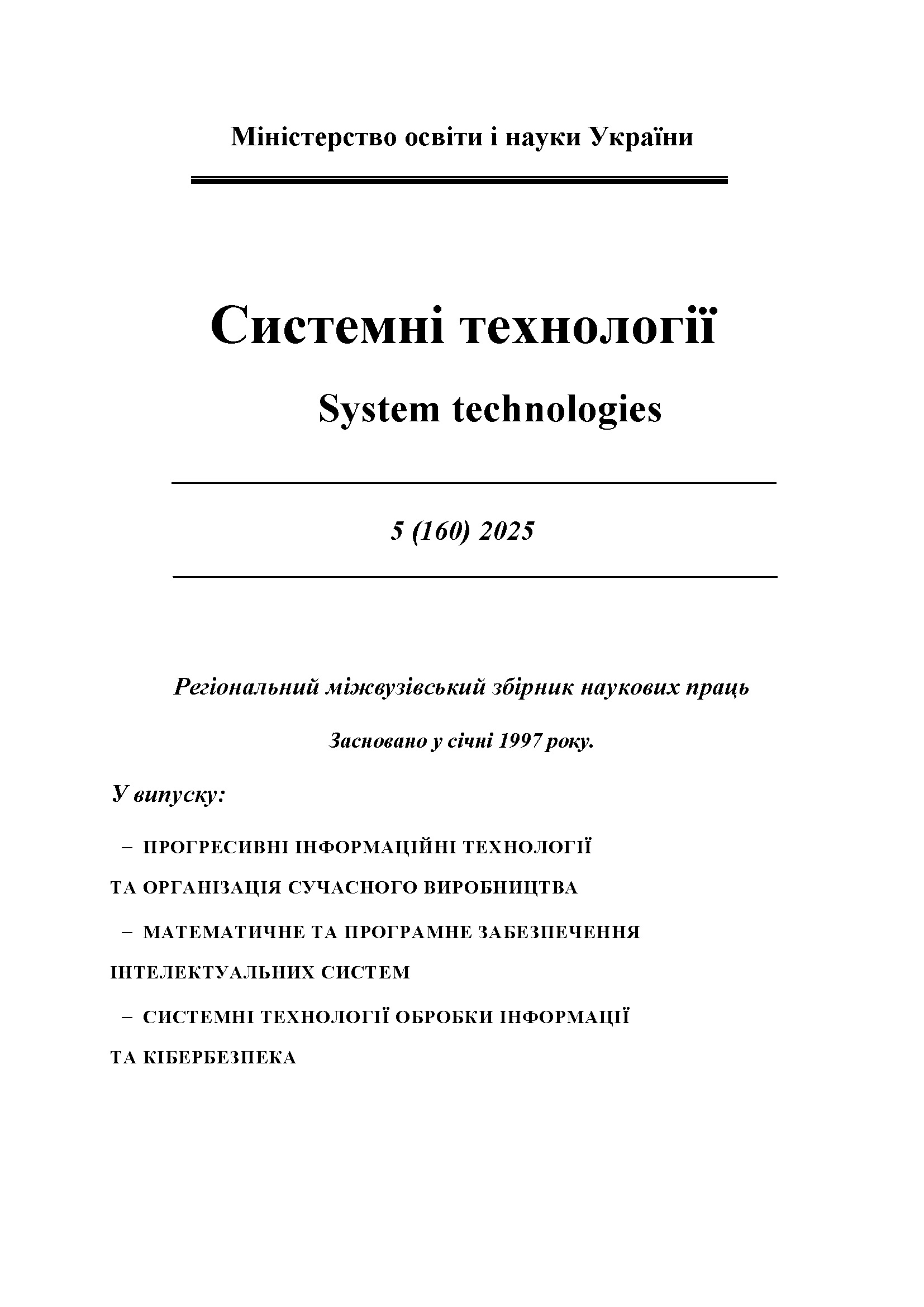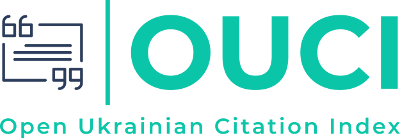Application of artificial intelligence tools for data search and preliminary analysis in applied research of education systems
DOI:
https://doi.org/10.34185/1562-9945-5-160-2025-06Keywords:
artificial intelligence, education system, network of institutions, financing, coverage rates, data collection, descriptive statistics, reliability, relevance, validityAbstract
The article outlines the problems of using popular artificial intelligence tools GROK 3 and ChatCPT 4 for collecting data on educational systems available on the Internet, their pre-processing and analysis. A significant proportion of recent publications is devoted to the development of new artificial intelligence tools, the study of algorithms of its work, methodo-logical and ethical problems of its application in various fields, the impact of artificial intelli-gence in general or of specific tools on academic success and learning outcomes at different levels of education. At the same time, applied research has not paid enough attention to as-sessing the validity, reliability, and relevance of results obtained using artificial intelligence, in particular such tools as GROK 3 and ChatCPT 4.
For this study, several problems of educational systems researches, which can be con-sidered as relevant also un broader contexts, were selected. The main attention was paid to the issues of collecting and preliminary statistical analysis of data on the number of students in higher education institutions, funding of higher education, and indicators of youth in-volvement in higher education.
It has been shown that both tools significantly speed up and simplify the implementation of routine research stages, but GROK 3 allows to obtain more complete, reliable and high-quality data, which may be due to both the ability y to access current data on the Internet and differences in algorithms. ChatCPT 4 is usually limited to providing a small amount of the requested data present in its database, which is sometimes very outdated. The advantage of GROK 3 is also that it collects not only the requested numerical data from various types of sources, but is also able to independently calculate simple statistical characteristics of sam-ples, such as mean values, medians, standard deviations, minimum and maximum values, from the primary data without additional questions, including the ability to make plausible estimates from incomplete, highly asymmetric samples. Nevertheless, in this case too, the general methodology should provide for verification of the results of artificial intelligence, in particular by comparing them with other known data.
References
Bakhrushyn V. Modernization of the network of higher education institutions in Ukraine: some aspects of European integration, 2023, № 5, p. 112-125. https://doi.org/10.32987/2617-8532-2023-5-112-125
Bakhrushyn V. Features of financing higher education in Ukraine compared to other coun-tries. In «Improving the financing of the education system of Ukraine as a prerequisite for successful reform» : monograph / Ed. S.D. Londar; State Scientific Institution “Institute of Educational Analytics”. Kyiv, 2021, p. 251-264.
URL: https://iea.gov.ua/wp-content/uploads/2024/05/monograph_20212_fin.pdf
Kremen V., Lugovyi V., Saukh P., Talanova Z. Network of state higher education institu-tions in Ukraine: an analytical review of competitiveness. Herald of the National Academy of Educational Sciences of Ukraine, 2022, Vol. 4, № 1, p. 1-8.
https://doi.org/10.37472/v.naes.2022.4122
Kalashnikova S., Orzhel O. Optimization of the Network of Higher Education Institutions: Theoretical Features and Practical Recommendations. International Scientific Journal of Uni-versities and Leadership. 2022. № 13. p. 89–129. DOI: https://doi.org/10.31874/2520-6702-2022-13-89-129
Butson, R., & Spronken-Smith, R. AI and its implications for research in higher education: a critical dialogue. Higher Education Research & Development, 2024, 43(3), 563–577. https://doi.org/10.1080/07294360.2023.2280200
Bond, M., Khosravi, H., De Laat, M. et al. A meta systematic review of artificial intelli-gence in higher education: a call for increased ethics, collaboration, and rigour. Int. J. Educ. Technol. High Educ., 2024, 21:4, 41 p. https://doi.org/10.1186/s41239-023-00436-z
Zawacki-Richter, O., Marín, V.I., Bond, M. et al. Systematic review of research on artifi-cial intelligence applications in higher education – where are the educators? Int. J. Educ. Technol. High Educ., 2019, 16:39, 27 p. https://doi.org/10.1186/s41239-019-0171-0
de Souza Zanirato Maia, J.; Bueno, A.P.A.; Sato, J.R. Applications of Artificial Intelli-gence Models in Educational Analytics and Decision Making: A Systematic Review. World, 2023, 4, 288-313. https://doi.org/10.3390/world4020019
Downloads
Published
Issue
Section
License
Copyright (c) 2025 System technologies

This work is licensed under a Creative Commons Attribution 4.0 International License.















